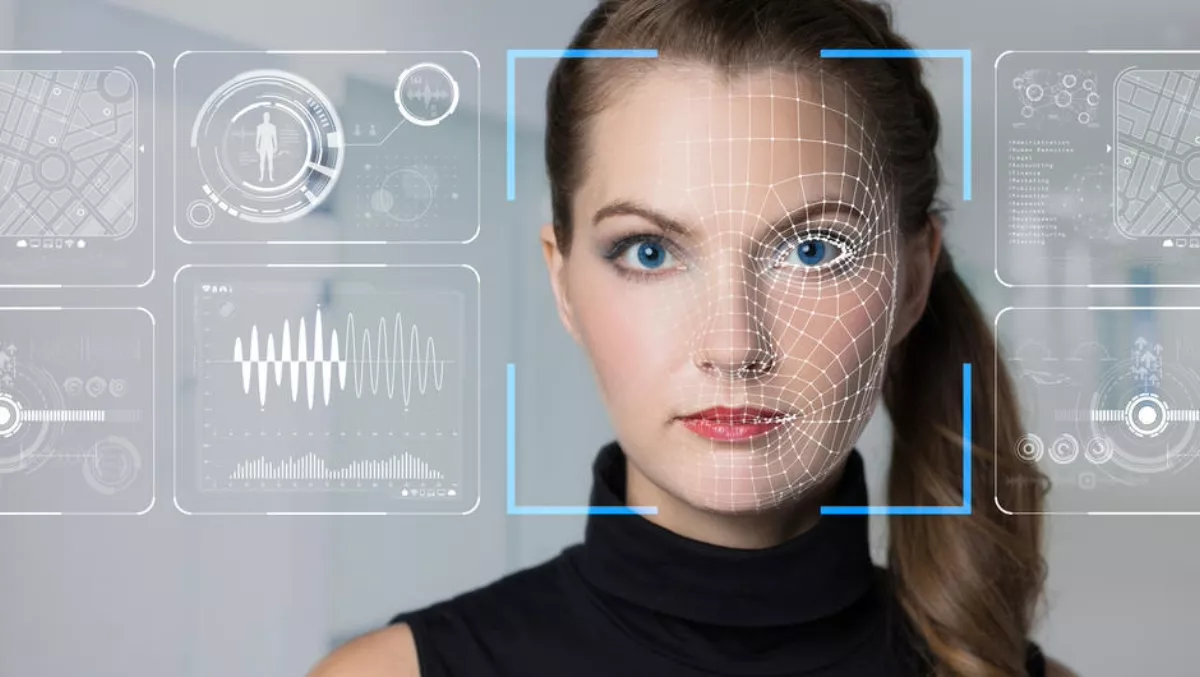
Biometric Mirror: The AI that can detect attractiveness and personality from your photo
Researchers over at the University of Melbourne have come up with an artificial intelligence (AI) system that can detect people's personalities and attractiveness, all from a photo of somebody's face.
Biometric Mirror can not only detect a range of facial characteristics in seconds, but also compare the data to thousands of other photos. Those photos were rated for their psychometrics by crowdsourced respondents.
The AI then displays 14 different characteristics including gender, age, ethnicity, attractiveness – and even weirdness and emotional stability. The traits become more personalised depending on how long somebody stands there.
You might think this is a slightly invasive way to use artificial intelligence, but it does demonstrate an even more disturbing point.
The project is the work of Dr Neils Wouters from the University of Melbourne's Social Natural User Interfaces (SocialNUI) and Science Gallery Melbourne. He says that AI raises serious concerns around consent, data storage, and bias in algorithms.
"With the rise of AI and big data, government and businesses will increasingly use CCTV cameras and interactive advertising to detect emotions, age, gender and demographics of people passing by," he explains.
He believes that Biometric Mirror highlights the potential consequences in the real world.
"While collecting personal information about your shopping preferences to tailor an individual service may seem harmless, capturing this information without consent makes it impossible to know if a prediction is based on correct data.
"The use of AI is a slippery slope that extends beyond the realm of shopping and advertising. Imagine having no control over an algorithm that wrongfully considers you unfit for management positions, ineligible for university degrees, or shares your photo publicly without your consent," he continues.
"One of your traits is chosen – say, your level of responsibility – and Biometric Mirror asks you to imagine this information is now being shared with your insurer or future employer. This project is a transparent demonstration of the potential consequences for individuals.
He says Biometric Mirror is not designed to be a tool for psychological analysis. He says the system only calculates an estimated public perceptions towards what somebody's face looks like.
"It is limited by its inaccuracy, because only a relatively small and crowdsourced dataset informed its design. It is inappropriate to draw meaningful conclusions about psychological states from Biometric Mirror.
He states again that the study is designed only to raise the challenging questions about the boundaries of AI.
"It shows users how easy it is to implement AI that discriminates in unethical or problematic ways which could have societal consequences. By encouraging debate on privacy and mass surveillance, we hope to contribute to a better understanding of the ethics behind AI.
If you're in Melbourne any time soon, you can check out Biometric Mirror during the Science Gallery Melbourne's exhibition called Perfection, which will run from 12 September to 3 November.


